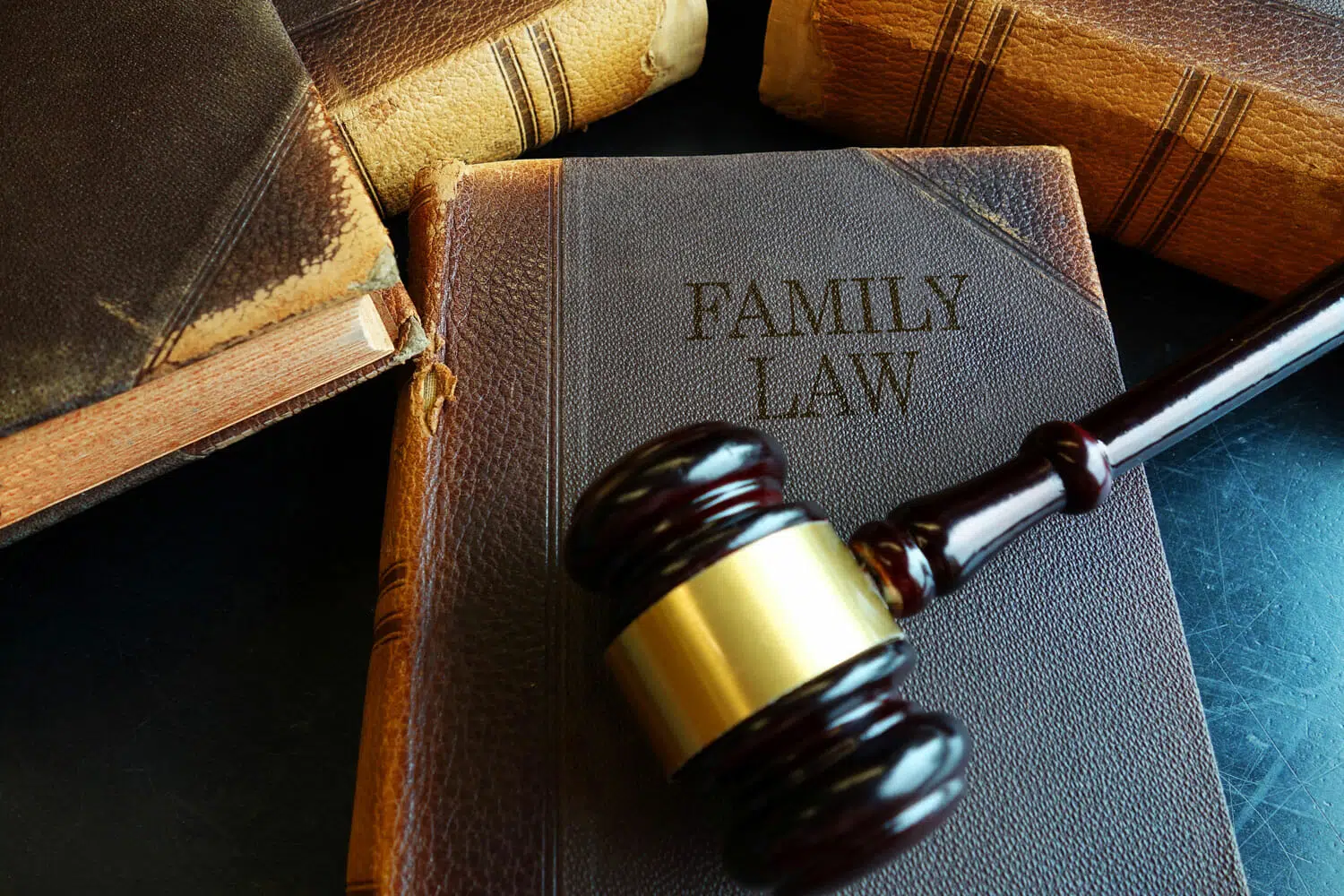American law comes to us from a long history dating back to the Roman legal system. Ergo, a lot of our law is Latin, like that word ergo there (it means therefore). Add to the Latin vocabulary all the family law lingo that gets tossed around a typical Virginia law firm, and many Virginia men walk away scratching their heads, wondering what the infernum their lawyers are talking about. Hoc postulo, some family law terms you should know. (Hoc postulo — herewith).
Your Family Law Attorney
Is your family law attorney also a lawyer? Not necessarily. An attorney practices law, which could mean real estate, corporate, civil or family law (among others). A lawyer appears in court before a judge. It’s the whole frog-and-toad thing: a lawyer is an attorney but not all attorneys are lawyers. (Frog-and-toad; you know, all toads are frogs, but not all frogs are toads. Surely you know.)
For maximum power and flexibility, ensure you engage the services of a family law attorney who is permitted to appear in Virginia courts as a lawyer.
Family Law Paperwork
A lot of law is written down (good thing, too, because proving she-said/he-said is hard), and all those documents have names:
- Affadavits (from the Latin, “He has stated on oath”) are written statements sworn to by affirmation or oath, used as evidence in court to legally prove, for example, that your wife was seen in Sloppy Seconds Bar & Grill when she claimed to be at the library. A special type is a financial affadavit, which reveals all your financial details (assets, debts).
- Bench warrants (from American English, meaning “you screwed up royally this time, Bub”) are issued by judges to have persons sought out, arrested and brought before the court. You don’t want to receive a bench warrant.
- Consent orders are agreements entered into voluntarily and with the consent of both parties. A Virginia judge then signs the order as an enforceable order of the court, with punishments for failure to comply
- Depositions are tools used during discovery (see that later on) in which attorneys (for both sides) ask questions of involved parties, either in court or some other location. A court reporter records both questions and answers, then creates a verbatim transcript for use by both sides. Modern videotaping is also possible.
- Interrogatories are written questions asked of the other side (the opposing side, generally your wife or the mother of your kids). You don’t get to treat interrogatories as optional; you have about a month to answer the questions under oath.
- Motions are legal tools used by attorneys and lawyers to ask a Virginia court to do something. A typical motion might be to dismiss a case, to show cause, to hold someone in contempt, or to compel the opposing party to follow the rules (compel discovery, for example).
- Orders are the written directions from a judge.
- Petitions are similar to motions; you are asking (in writing) the court to do something, like reduce bail, change child support payments, or modify spousal support.
- Property Settlement Agreements are the actual papers that sort out every aspect of your Virginia divorce. Property settlement determines child custody, parenting time schedules, division of assets and debts, and more.
- Protective Orders in Virginia are used to protect victims from their accused assailants, as with spousal abuse or stalking. Protective Orders are either Emergency Protective Orders (expiring at the end of the third day following issuance or the next day court is in session, whichever is later), Preliminary Protective Orders (lasting 15 days or until a full hearing), or Protective Orders (lasting up to 2 years)
- Subpoenas (from the Latin, “under penalty”) are legal documents compelling a person to appear at a legal proceeding, like a hearing or trial. Never, ever ignore a subpoena; you can be slapped with a bench warrant if you do.
- Summonses are notifications to come to court for some proceeding. A case cannot begin until the defending party has received a summons.
Talk, Talk, Talk
You can hope your attorney is not paid by the word. We confess to a reality: lawyers love to talk. Judges love to talk. A lot of that talk is focused:
- Arbitration — Instead of using a Virginia judicial system judge, both parties use a private arbitrator to hear their dilemma and render a verdict.
- Mediation — Getting both sides together to talk through solutions to whatever conflict they have, usually under the watchful eye and masterful direction of a professional mediator. Mediation is a good alternative to court proceedings.
- Testimony (from the Latin word testis, “witness,” but testis has two meanings, and we will ignore the, uh, well, the other meaning) — Evidence in spoken or written word under oath
- Verdict (from the Latin, “true saying”) — The judge’s or jury’s final decision in a case
A Sidebar
A sidebar is a brief conversation at the judge’s bench, out of earshot; we use it here to clarify one fundamental idea in Virginia divorce:
- Divorce from bed and board — This is a partial (qualified) divorce; you and your wife are legally separated from each other but cannot remarry; it is not particularly helpful in moving on with your life
- Divorce from the bond of matrimony — This is a complete (absolute) divorce and your better bet for a fresh start
Many other legal terms will cloud your mind when struggling with your family law issue. Words like alimony, adultery, defendant, equitable distribution, and plaintiff. If legalese befuddles you, please call us at The Firm For Men at 757-383-9184, or you may feel more comfortable contacting our firm online. We can interpret confusing legal documents, explain court procedures, and translate Latin phrases for you when you allow us to serve as your Virginia family law attorneys.

